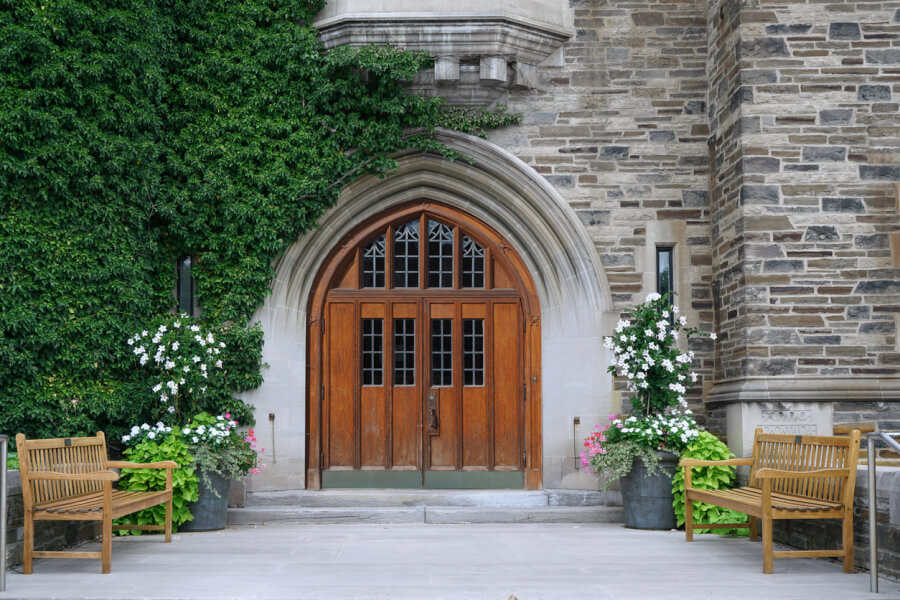Michigan’s 1970 ballot proposal that banned the use of public money for private schools does not violate the rights of those attending religious-based schools, a federal court ruled today, as private school advocates suffered yet another judicial setback.
A split U.S. Sixth Circuit Court of Appeals panel ruled that the 1970 constitutional amendment never singled out religious schools in its text. It banned the use of public money for private education and a prior U.S. Supreme Court directive ruled that a state doesn’t need to “subsidize private education.”
The 2-1 opinion came in Hile v. State of Michigan.

The plaintiffs, led by Jill Hile and the organization Parent Advocates for Choice in Education Foundation, sued the state and Gov. Gretchen Whitmer in 2021 on the grounds that the 1970 state constitutional amendment had anti-religious origins. At the time of the proposal, most nonpublic schools in Michigan were religious schools, and Catholic schools accounted for the majority of those nonpublic schools.
Also, the advocacy against “parochiaid” drew speeches, articles, op-eds and ads that had an anti-Catholic bent, the advocates claimed.
The five families who are named plaintiffs in Hile v. Michigan sought to use funds they saved through the Michigan Education Savings Program (MESP) to pay for private educational opportunities.
In September 2022, U.S. District Judge Robert J. Jonker dismissed the suit in an order that acknowledged both sides had a “reasonable argument” to support their interpretation of the MESP, but neither side demonstrated “any state practice at odds with the way Michigan says its own law works.”
The plaintiffs have repeatedly argued that Proposal C was a “Blaine Amendment” violation, and they argued the Amendment disadvantages private schools, which should be allowed to lobby the Legislature for state funding.
However, the appellate court disagreed, noting Michigan’s amendment “draws a line between public and private funding rather than between religious and nonreligious aid.”
“Because Michigan’s bar on public funding for private schools lacks either temporal or textual connection to Speaker Blaine’s proposal, it cannot be accurately described as a Blaine Amendment,” the majority held.
The “Blaine Amendment” was first introduced in 1875, but it failed in Congress, leading many states to choose to incorporate similar amendments into their state constitutions.
Michigan’s Blaine Amendment prohibits the use of public funds or lands by “any religious sect.”
The majority opinion from Circuit Judge Jane B. Stranch, with concurrence from Circuit Judge John K. Bush, called the 1970 Blaine Amendment a “facially neutral law that does not single out religious people for disfavored treatment.”
“Such a determination, moreover, would implicitly assume that the people of Michigan cannot ‘prudently exercise’ their electoral power even following a full debate – an ‘unprecedented restriction on the exercise of a fundamental right held not just by one person but by all in common,'” the majority said.
Circuit Judge Eric E. Murphy dissented, holding the plaintiffs failed to properly present their constitutional theory.


Be First to Comment